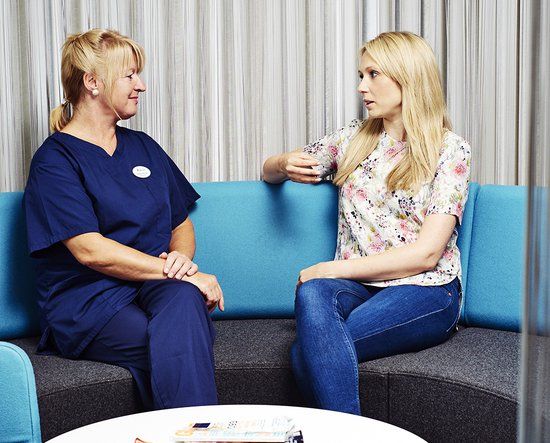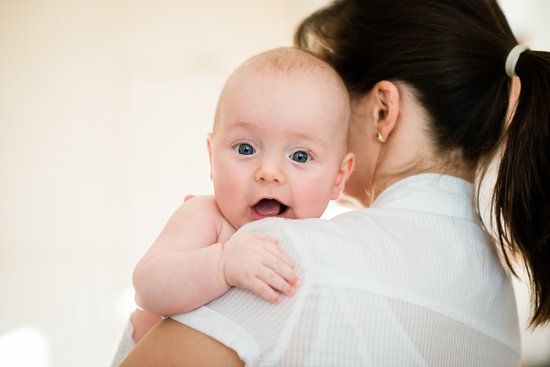Would you be prepared to travel abroad for fertility treatment? A recent Radio 4 programme discussed ‘fertility tourism’ and it seems that despite the rise in donor applications since the HFEA increased compensation, there are still those who believe clinics abroad offer them the best option.
One of the main reasons people go abroad is for treatment using donor eggs. It’s true that historically, there was a widespread shortage of donor eggs in the UK and those who needed them often faced a lengthy waiting list.
As such rising numbers of people turned to clinics abroad where donors were still anonymous and they were ‘guaranteed’ an egg from a donor of their choice, who was often paid well for being a donor in the first place.
But this isn’t the case anymore – at least not here at Manchester Fertility. Since the HFEA increased compensation for UK egg donors from £250 a cycle to £750 a cycle, we’ve seen such a big leap in donor numbers. To the point that we now have no waiting list for treatment using donor eggs.
So now, you don’t have to go abroad for treatment using donor eggs. We have them available, from UK women, right here.
Of course, there are many who still do. But this has huge considerations – both short and long term. The problems highlighted by Radio 4 in their Today programme particularly focused on the fact that UK patients who have successful treatment abroad are unable to explain to their donor-conceived child their origins, because in many of these countries anonymity for donors still applies.
And so parents can’t tell a child their biological or genetic history, or crucial details about who their donor is, what type of person she is, what interests she has. In short, all the things that any donor-conceived person would want to know when they were old enough to start asking questions.
This was the reason why the HFEA removed anonymity here in the UK for donors. It was important to the well-being of donor-conceived children that they could find out about their donor if they wished to, when they turn 18. And so any new donors now have to consent to this to be accepted.
Add to this the issues involved in the treatment itself – for example can you be sure the foreign clinic has the same ethical and screening standards of those in the UK, what if you need follow up treatment or there are any problems? – going abroad may not suddenly seem like such as good idea.
We need to get the message out there that the UK is the best place to seek fertility treatment. Donor eggs and donor sperm are available from UK donors, at UK clinics. The HFEA’s aim of increasing donors through higher compensation is working – so don’t automatically assume that donors aren’t available. Always check with local fertility clinics to get an accurate picture of the situation as it is now. Otherwise, if you go abroad, you may be storing up issues in the future for any child you go onto have.
Last updated: 20th January 2020





